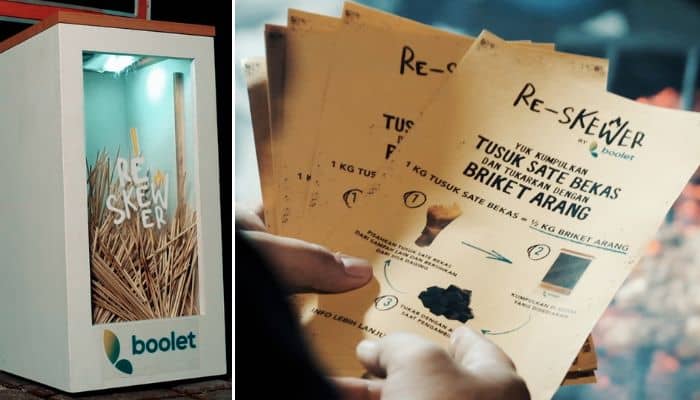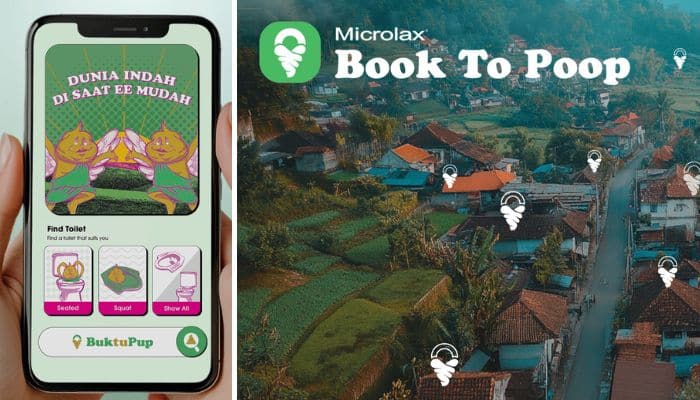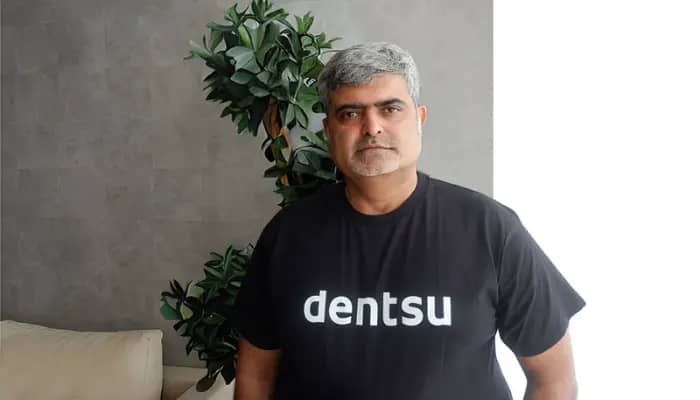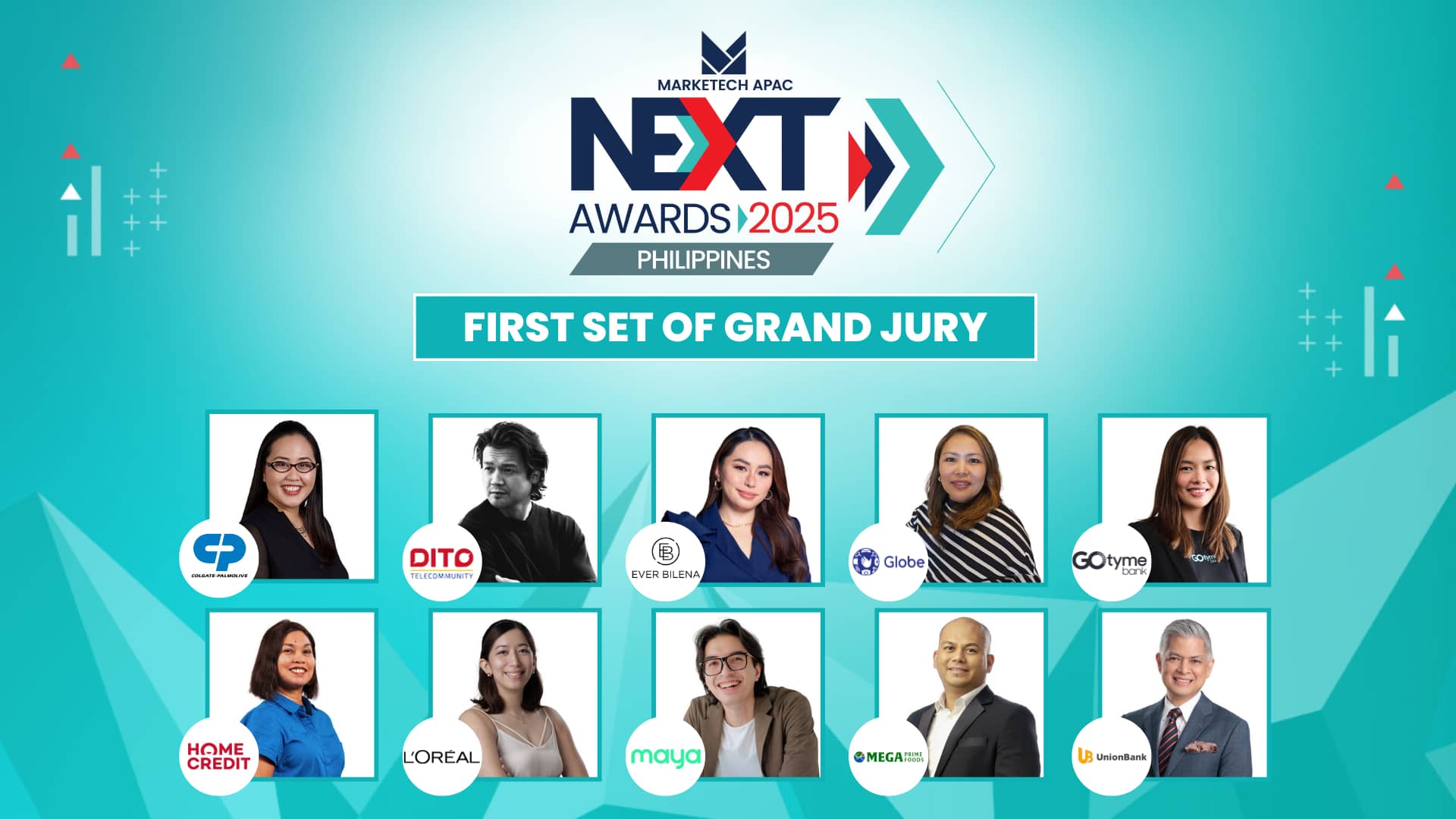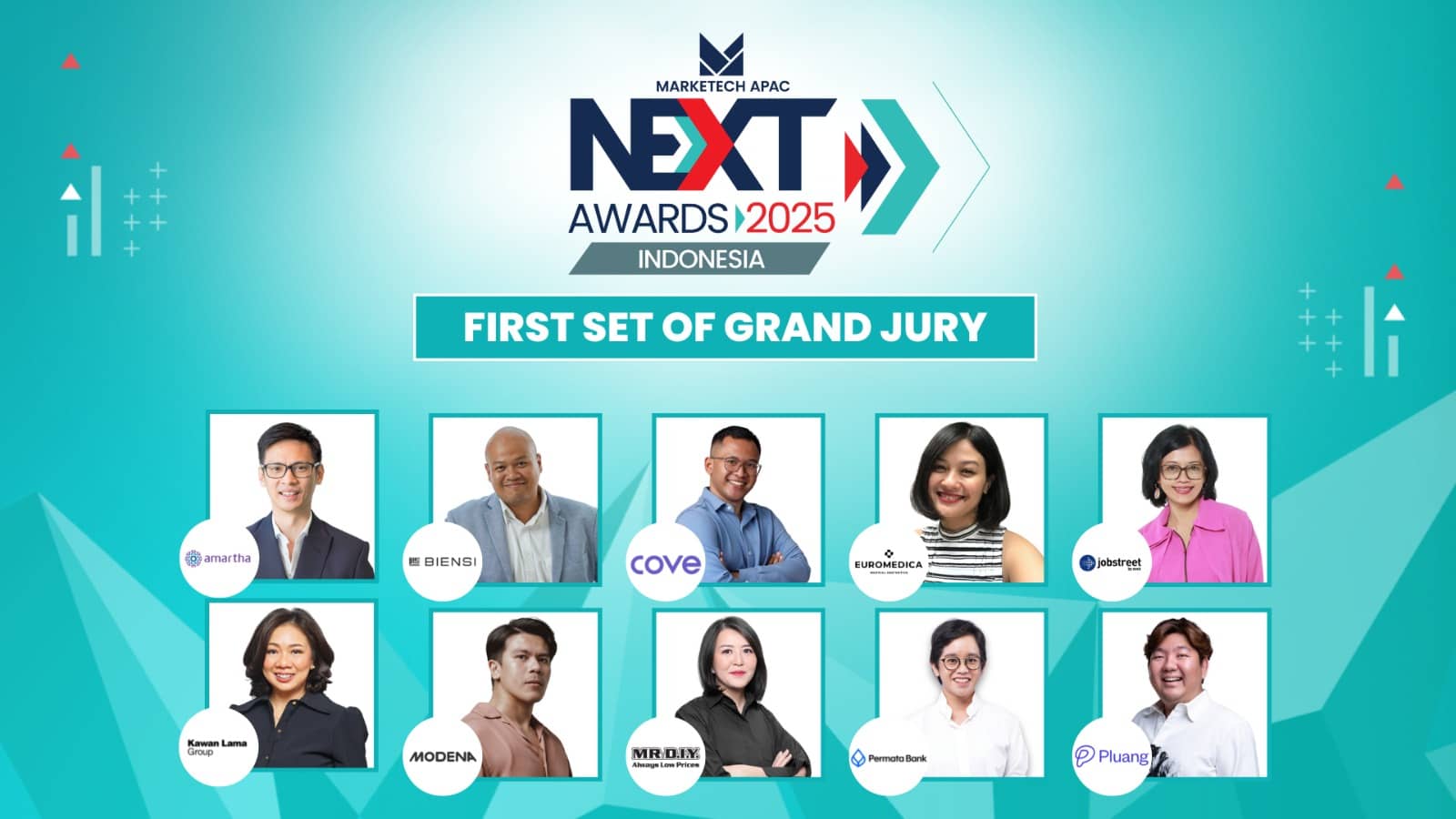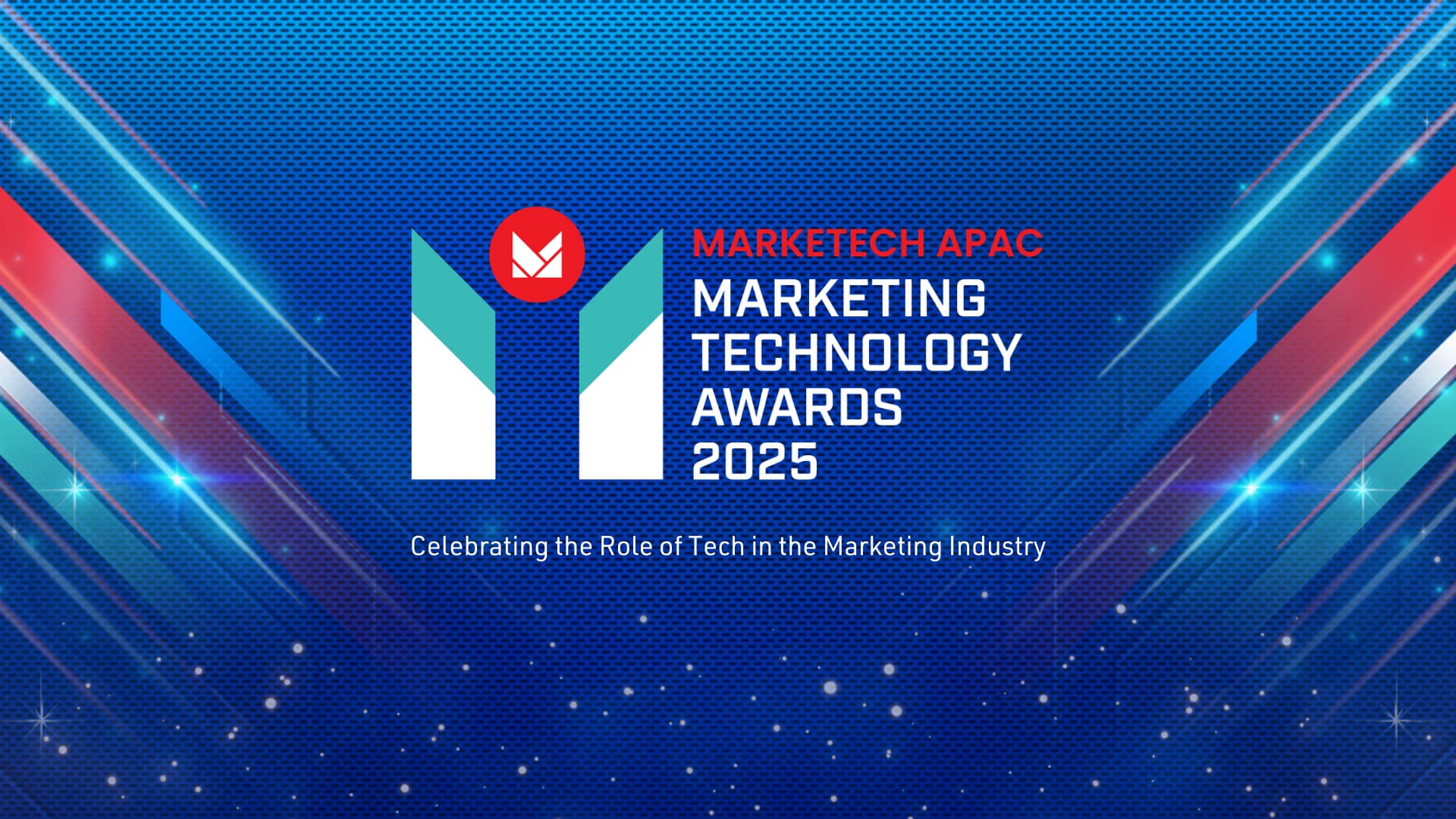Indonesia – Dentsu Indonesia has partnered with local sustainability start-up Boolet to launch “Re-Skewer”, a campaign addressing the growing issue of single-use satay skewer waste in Jakarta.
The initiative responds to growing concerns over Indonesia’s wood-based utensil waste, with around 15,000 tonnes of single-use chopsticks and skewers produced annually. In Jakarta, much of this waste is either unmanaged in landfills or littered in public areas. Difficult to process and potentially hazardous, skewers pose environmental and physical risks—yet recycling efforts and public awareness remain limited.
“Re-Skewer” combines education, incentivisation, and upcycling to convert skewer waste into reusable products while introducing street food vendors to circular economy practices. The campaign aims to provide a more practical and value-driven recycling solution for small food businesses—those most directly generating skewer waste.
As part of the campaign, Dentsu Indonesia led research and development efforts to create a recyclable packaging format for charcoal briquettes made from discarded skewers. Materials labs were consulted to ensure feasibility and usability for vendors.
Boolet, whose core mission revolves around upcycling used satay sticks and chopsticks into wooden lifestyle products—such as eyewear frames, phone stands, and coasters—has until now depended primarily on donations from individuals and corporations. While these products offered a sustainable alternative, they had limited relevance to the day-to-day operations of satay vendors, resulting in minimal engagement from the UMKM (micro, small, and medium enterprise) sector.
Rangga Immanuel, executive creative director at Dentsu Creative Indonesia, commented, “One skewer at a time; with ‘Re-Skewer’, our team focused on designing a campaign that not only addresses a pressing waste issue but also delivers real value to the community. It shows how creativity, when grounded in empathy and local culture, can create tangible impact.”
The campaign’s initial activation led to the collection of enough skewer waste to produce 45 kilograms of charcoal briquettes in a single day. The result not only diverted waste from landfills but also introduced vendors to alternative fuel sources, potentially lowering operational costs.
Following its early success in Jakarta, Boolet plans to expand the campaign to other cities, aiming to engage more vendors and communities. Future plans include scaling up recycling operations and introducing new product lines through collaborations with local artisans.
Cindy Susanto, chief executive officer at Boolet, commented, “Re-Skewer goes beyond a recycling program—it’s a collective movement that invites vendors, consumers, and communities to reimagine waste. Our approach has always been to support the local circular economy, and with dentsu Indonesia’s strategic thinking and culturally rooted approach, we’re aiming to gradually change public behaviour and support micro-businesses for the long term.”



